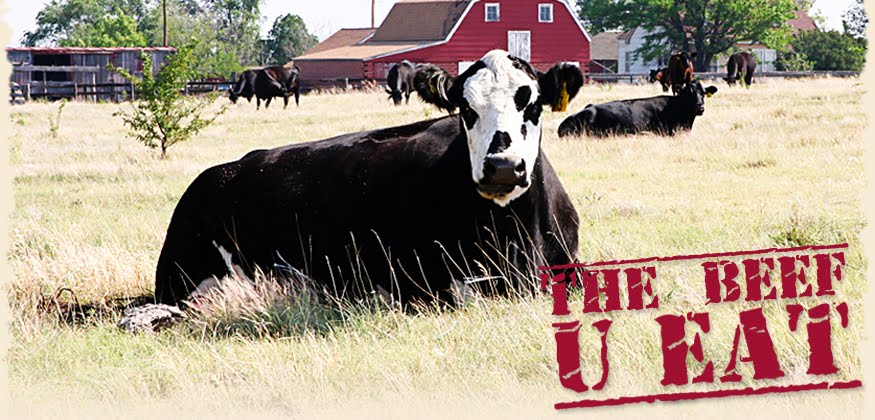The sustainability buzz has been growing for quite a while, and producers knew it was a matter of time before the conversation became more than just coffee shop fodder. Judging by the latest USDA programs, I'd say the discussion is front and center in agricultural circles.
FARMER TALK NOTE: If you don't understand the coffee shop comment, you're missing rural entertainment in its highest form. Visit your local rural town coffee or breakfast stop and sit near the table with the men sporting dusty caps, Carhartt coats, and cowboy boots and hats.
Recently, the USDA launched the Know Your Farmer, Know Your Food program, and it has been interesting to read the nation's perspective on the program.
Phillip Brasher's March 7 story in the DesMoines Register titled Some fret about push for smaller farm sizes shared some advantages of this new initiative. I'm not a public policy expert, but on the surface, it appears the program gives niche producers a foundation to work from while helping consumers learn a bit more about local food options.
An extended benefit is that it gives agricultural producers a platform to showcase what they do for consumers. I dug around a bit on the Know Your Farmer, Know Your Food, and I couldn't find a lot of information to dislike. It sounds like a program that can only benefit agriculture, but please correct me if I am wrong.
Go back a month on the calendar, and you will find a bit more news on 2010 Agricultural Outlook forum from the USDA, Sustainable Agriculture: the Key to Health and Prosperity. A write up courtesy of Agri-Pulse at AgriMarketing.com highlights a different tone.
I agree with the journalist's work to a certain extent. I am concerned with what some of the panel participants said. I don't think organics will take over conventional agricultural production, and I still believe that the use of antibiotics in agriculture enhances food safety and animal welfare.
As a tomato-loving consumer, I'll be the first to admit that a locally grown tomato is far superior to anything I can get at a grocery store. Sometimes water has more flavor than a store-bought tomato. That tells me that there are places conventional agriculture has it wrong.
Now that brings us back to sustainability. If sustainability is defined as providing the world with an abundance of the healthiest, tastiest and cheapest food possible, how do we best achieve that?
First, all of production agriculture needs to get on the same page. Whether you are an organic produce farmer selling to a local market or a commercial feedlot operator providing beef to the world, you have the same goal of making consumers happy.
Honestly, one producer can't live without the other. We all have to admit that each method isn't without its flaws in achieving sustainability, and the ideal production system probably sits somewhere in between the two spectrums.
Consumers and producers need to quit polarizing this issue or someone is going to get their feelings hurt. When it comes to sustainability, you don't have to pick sides.
Maybe I am going out on a limb here, but I think Secretary of Agriculture Tom Vilsack is getting a bit of whiplash in the debate. I'll end with his quote from the Brasher article:
"I must be doing something right," Vilsack said. "What folks on both sides of this debate want the USDA to do is pick sides, and I think that's the last thing USDA should do."
I agree. It's not about picking sides. Ultimately, both sides have to exist. Let's find some common ground and grow something on it.
Thursday, March 11, 2010
Subscribe to:
Post Comments (Atom)




No comments:
Post a Comment